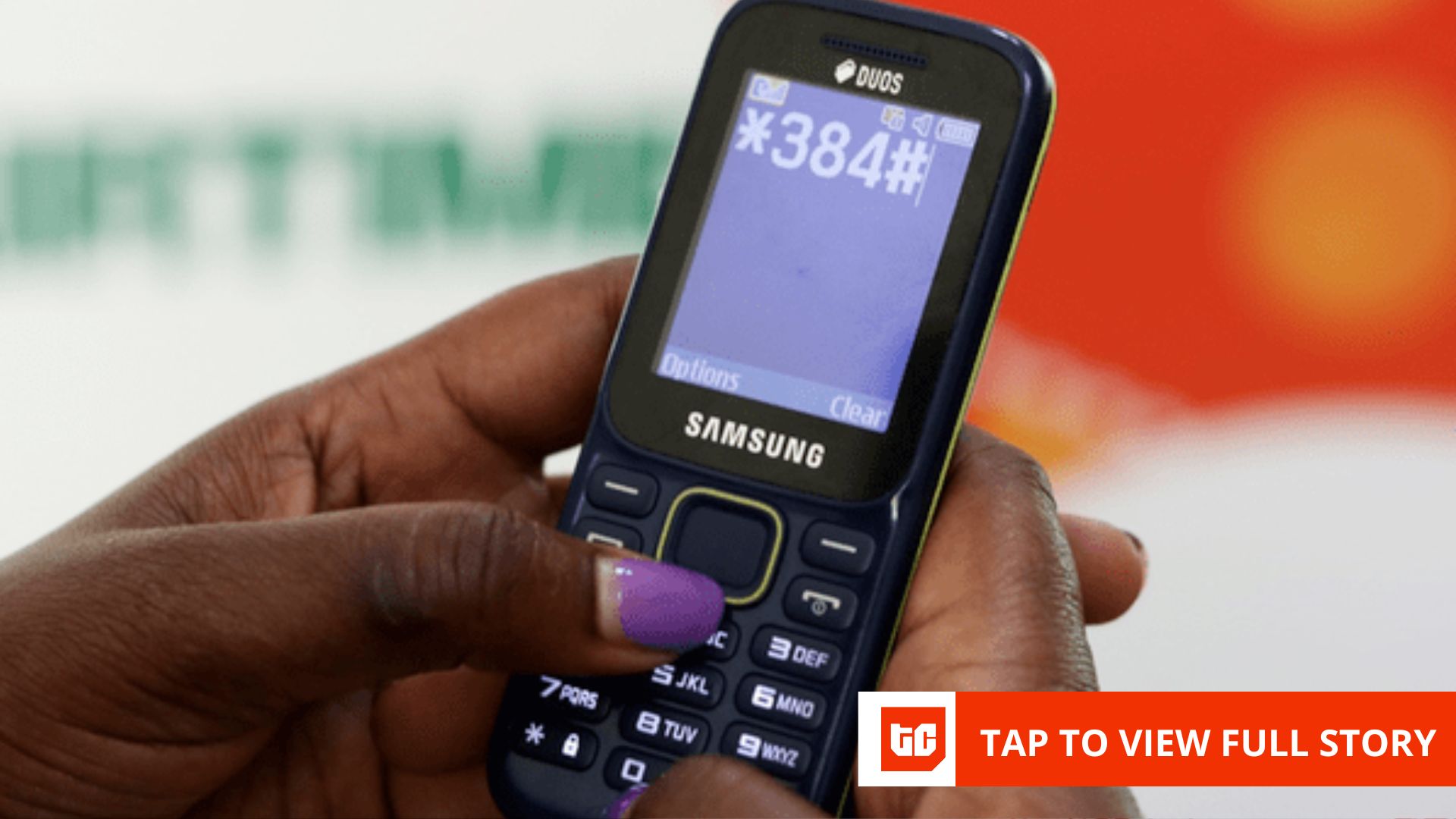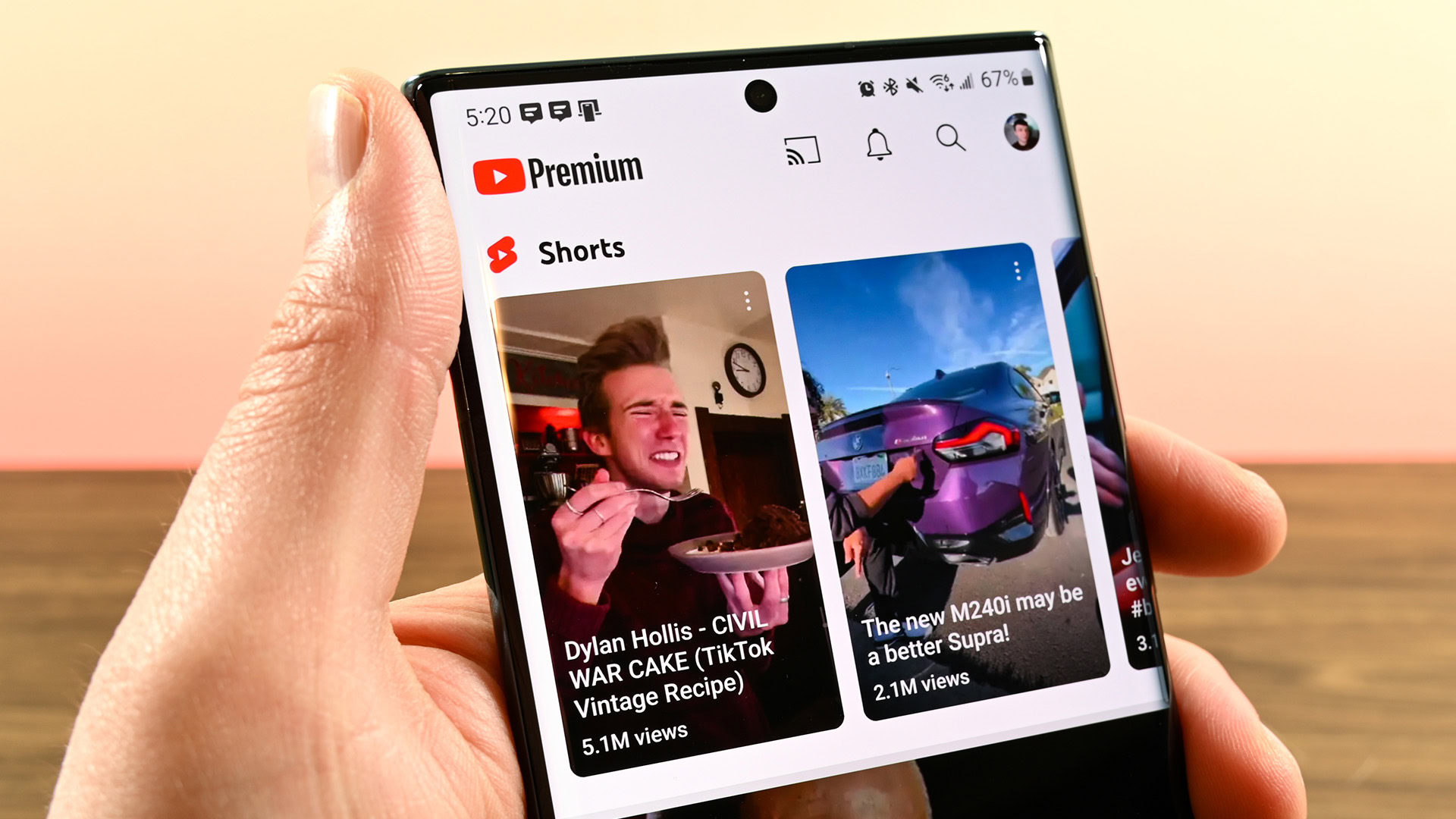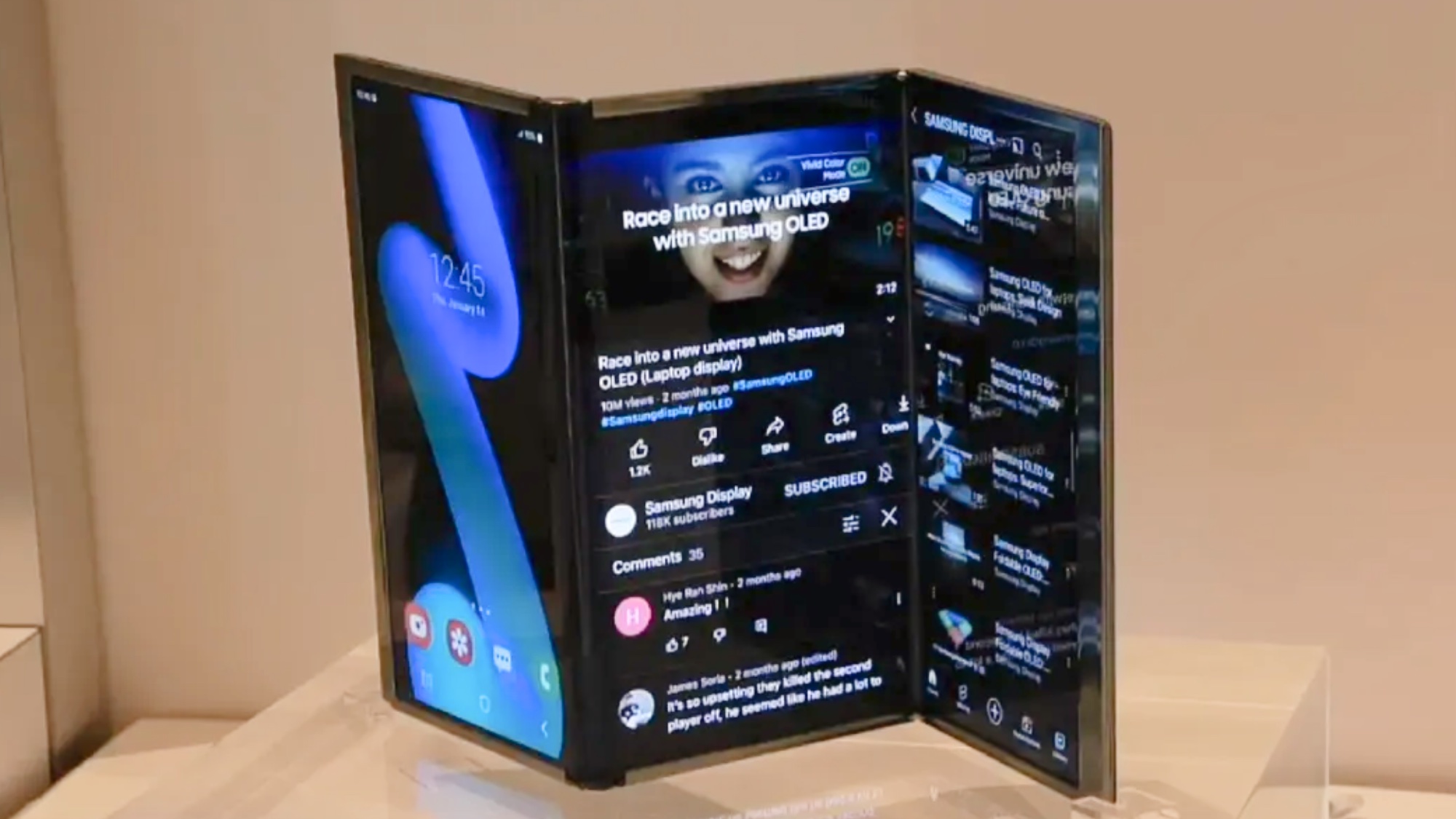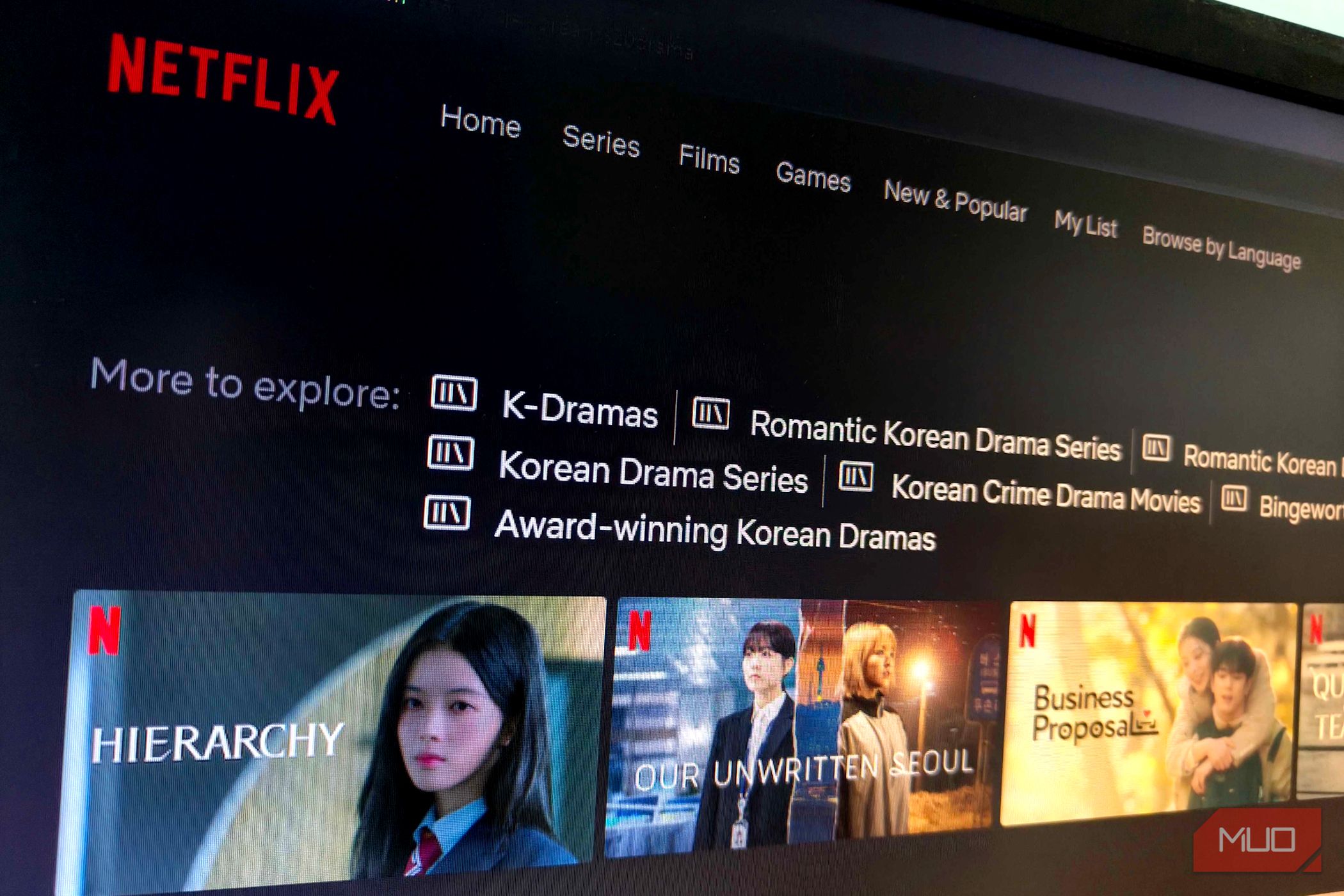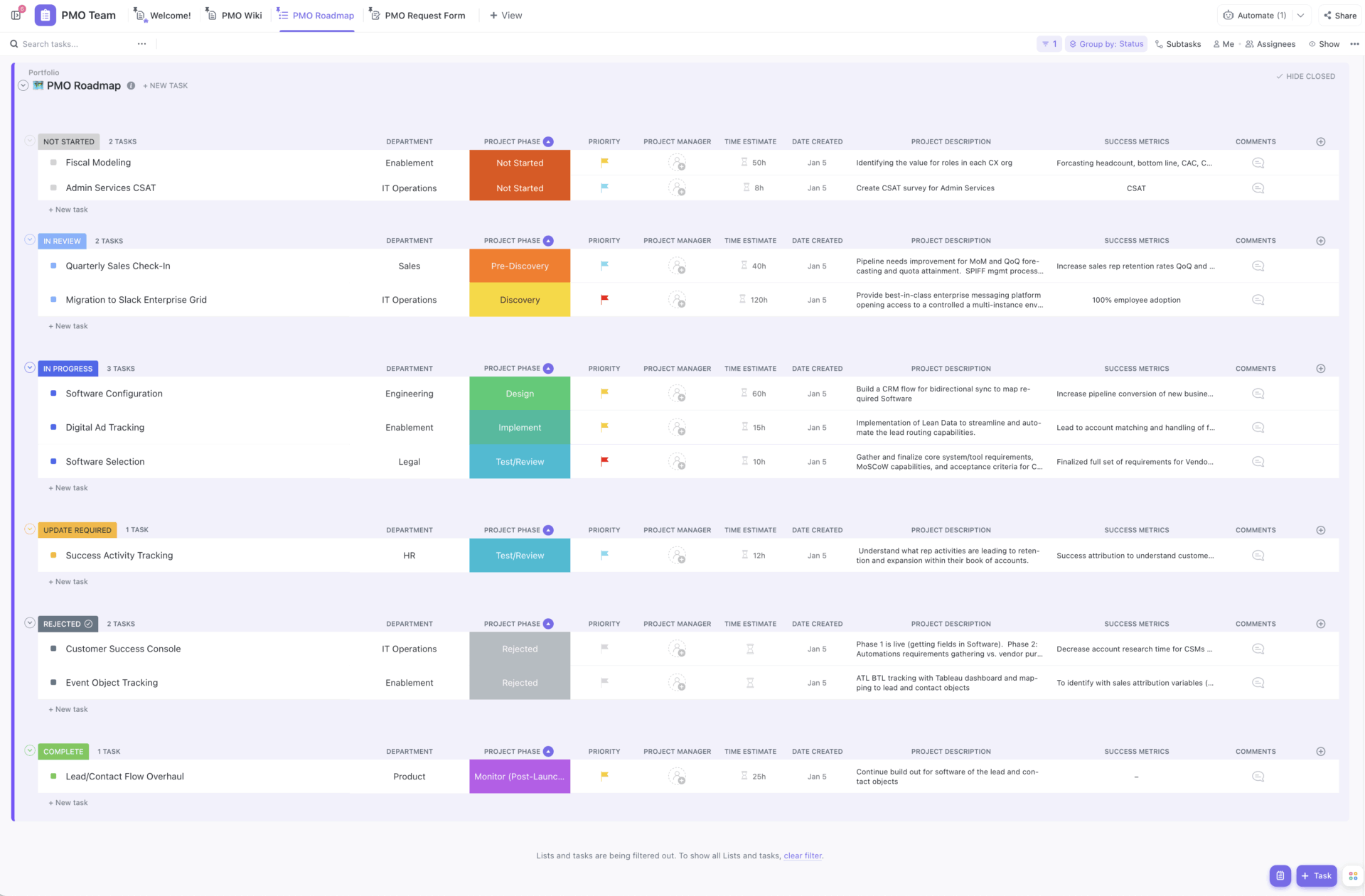Nigerian telecom operators have officially begun migrating banks to a new billing system that allows customers to make short codes or Unstructured Supplementary Service Data (USSD) transactions directly from their airtime balance. In the past, banks deducted USSD fees from customers’ bank accounts but often failed to remit payments to telecom providers. The new billing comes into place following the payment of a long-standing ₦180 billion debt owed by 13 banks to operators.
According to Gbenga Adebayo, president of the Association of Licensed Telecommunications Operators of Nigeria (ALTON), three banks still in debt have opted for instalment payments which are nearing completion.
“I would say 95% of the USSD debt has been paid pre-API,” Adebayo said, noting that the repayment has enabled the gradual rollout of end-user billing, where customers will now be charged from their airtime after each successful USSD session. The migration started with one bank; the rest of the banks will be migrated as soon as a Service Level Agreement (SLA) is signed.
For over five years, telecom providers had extended USSD infrastructure to banks, enabling millions of Nigerians—especially in underserved regions—to perform simple banking transactions such as checking balances, transferring funds, and buying airtime using feature phones. However, a deep financial rift emerged when banks, despite billing customers for these transactions, stopped remitting payments to telecoms for the use of their infrastructure.
By 2024, the debt had ballooned to over ₦250 billion ($166.67 million at ₦1,500/$).
Originally, USSD services were priced comparably to SMS rates. Banks used this to push mobile financial access to millions, and within a year of rollout, over 20 million new users were added to the formal financial system, according to Adebayo. However, as usage grew, banks saw a business opportunity. They lobbied regulators—the Central Bank of Nigeria (CBN) and Nigerian Communications Commission (NCC)—to zero-rate USSD services to promote financial inclusion.
Yet, customers continued to pay for their transactions, creating a mismatch: banks earned revenue from a service they claimed had “no cost,” but refused to pay telecoms for the infrastructure they used.
Despite a 2020 joint public circular mandating that banks pay ₦6.98 per USSD session, compliance remained low. One revealing incident in Abuja saw a bank executive deny that his bank charged for USSD, only for a live demo to expose that charges were indeed deducted from a user’s account moments after a transaction.
How end-user billing works
To resolve this financial gridlock, the CBN and NCC introduced a new model: instead of banks deducting USSD fees from customer accounts and remitting them to telecoms (which they failed to do), telecoms will now charge customers directly via airtime.
At the heart of end-user billing is a system designed to improve transparency, accountability, and consistency in how USSD charges are applied to subscribers.
Transparency is enhanced by a new prompt that appears before each transaction. Customers will now receive a clear message informing them of the ₦6.98 fee and asking for their consent to proceed. This ensures users are fully aware of the charges and can choose whether or not to continue with the transaction.
Accountability is built into the process. Mobile Network Operators (MNOs) can only deduct the fee after the customer’s bank confirms it is ready to process the transaction. This safeguard helps reduce failed sessions and eliminates the risk of customers being charged for services that were never completed.
Consistency comes through a standardised messaging format now adopted by all telecom providers. No matter the network, customers will receive uniform, easy-to-understand updates on the status of their USSD transactions, improving the overall user experience and reducing confusion.
According to Linda Saint-Okafor, Chief Enterprise Business Officer, MTN Nigeria, airtime purchases and data top-ups via USSD remain free—but only if customers use specific “direct strings” (e.g., 73710,000#) rather than the root menu (e.g., *737#).
“There is what we call the root string, direct string, or the long string,” Saint-Okafor said during a media webinar organized by the telco. “For example, GTBank’s *737# is the root string. When you dial the code, we charge you for that. But when you want to buy data and go to the telecom operator directly, it will not be charged.”
What this billing means for subscribers
In practical terms, nothing is new about the USSD charge itself. Customers have always paid for it, whether they realised it or not. The major difference is where the charge is deducted: from airtime, not their bank account.
This change is significant for subscribers in several key ways. First, it brings greater visibility and consent into the billing process. Users now see the ₦6.98 charge before any USSD transaction takes place, eliminating the problem of hidden or unexpected deductions. This transparency empowers users to make informed decisions and reinforces their control over mobile financial interactions.
Secondly, the system leads to fewer failed charges. A pre-transaction check ensures that the user’s bank is ready to process the request before any deduction is made. This reduces the likelihood of being charged for failed or incomplete sessions, a common frustration.
In addition, the change enhances the overall customer experience. With a standardised messaging format across all mobile networks, users can more easily understand what’s happening during transactions and resolve issues more quickly when they arise. This consistency minimizes confusion and improves service delivery.
Lastly, the policy shift helps restore trust in mobile financial services. Years of unclear and often questionable billing practices had eroded user confidence. By prioritising transparency and consistency, the new system takes a meaningful step toward rebuilding that trust.
Mark your calendars! Moonshot by is back in Lagos on October 15–16! Join Africa’s top founders, creatives & tech leaders for 2 days of keynotes, mixers & future-forward ideas. Early bird tickets now 20% off—don’t snooze! moonshot..com

